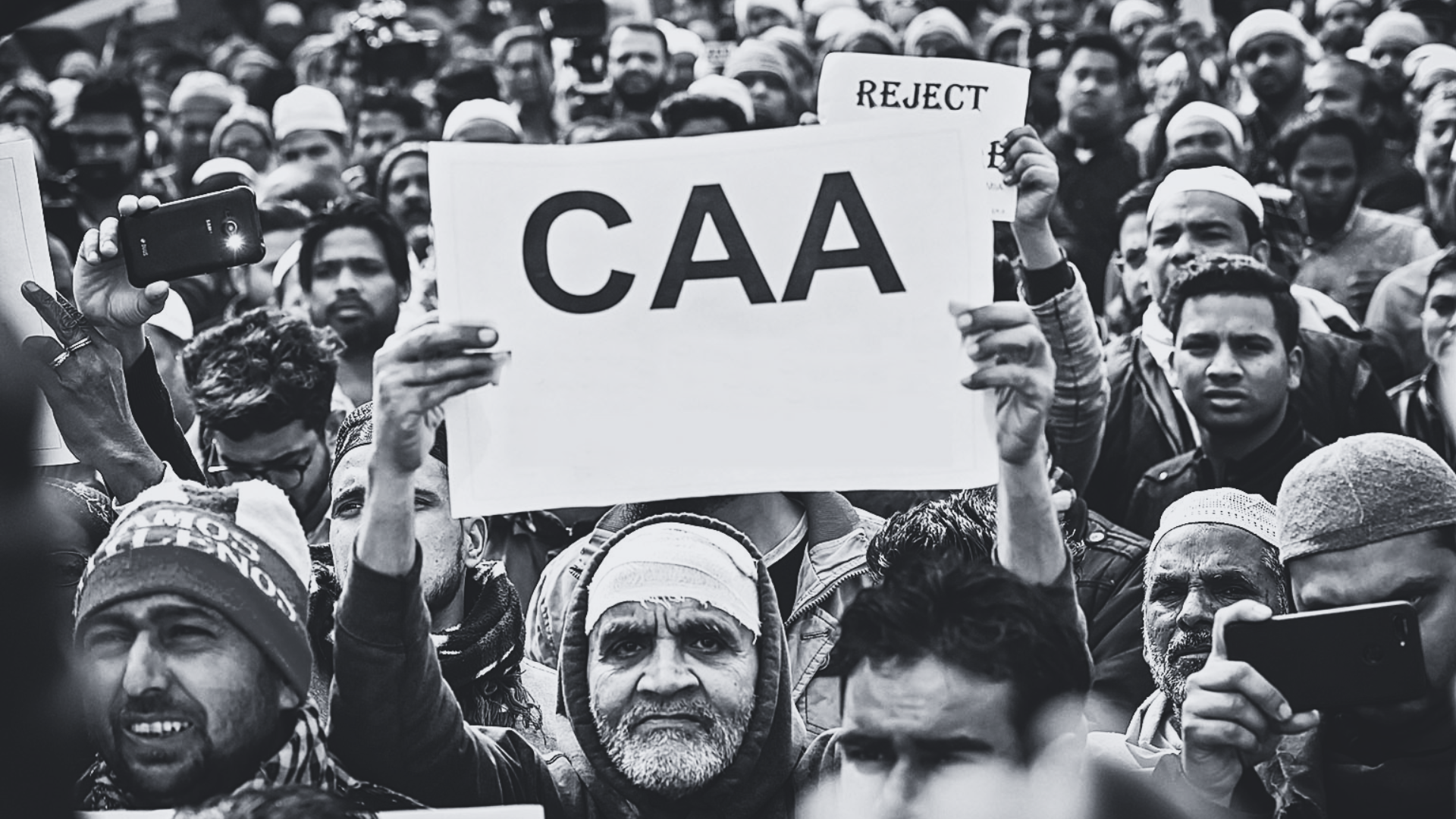Enhanced security measures were implemented in certain areas of Delhi following the enforcement of regulations for the Citizenship (Amendment) Act, 2019, by the central government on Monday. Delhi Police and Paramilitary forces were deployed in specific parts of the national capital to prevent any untoward incidents.
#WATCH | Delhi Police and Central Paramilitary force hold a flag march in Delhi’s Jagat Puri and Khureji Khas areas following the implementation of CAA pic.twitter.com/cu3hIBoPSZ
— ANI (@ANI) March 12, 2024
The implementation of the law, passed in 2019, had been postponed due to widespread protests against its passage.
DCP Joy Tirkey of the North East district emphasized on Monday that the safety of every individual in Delhi’s northeast district is their responsibility. Preparations were made in the North East district to avoid a repeat of the unpleasant experiences in 2020, which resulted in substantial losses.
#WATCH | Delhi: DCP Shahdara Vishnu Sharma says, “Yesterday the Home Ministry notified the rules of CAA. Peace committee meetings have been organised and it has been told that there is no threat to Indian Muslims from this law, it is only about giving citizenship. So no one has… https://t.co/5M3CqCFxVo pic.twitter.com/SXaAtN5kWJ
— ANI (@ANI) March 12, 2024
The rules were set to be notified on the same day, and the Police Headquarters had already issued alerts, according to North East DCP Tirkey.
Tirkey mentioned that the police held a meeting with the Aman Committee, where they briefed members of both communities. Precautionary measures included identifying potential troublemakers and known criminals, maintaining communication with beat constables, and monitoring social media activities.
A two-day flag march was planned, with an extensive flag march scheduled from Tuesday. Special attention was to be given to sensitive areas using drone surveillance.
On Monday, the Ministry of Home Affairs (MHA) issued rules under the Citizenship (Amendment) Act, 2019 (CAA-2019). Known as the Citizenship (Amendment) Rules, 2024, these rules enable individuals eligible under CAA-2019 to apply for Indian citizenship.
The applications will be submitted entirely online through a dedicated web portal, as per the MHA.
The CAA rules, introduced by the Narendra Modi government, aim to grant Indian citizenship to persecuted non-Muslim migrants, including Hindus, Sikhs, Jains, Buddhists, Parsis, and Christians, who migrated from Bangladesh, Pakistan, and Afghanistan before December 31, 2014. The passage of the CAA in December 2019 and subsequent protests led to significant demonstrations across the country.
Under the Citizenship Act of 1955, Indian citizenship by registration or naturalization is granted to non-Muslim minorities from Pakistan, Bangladesh, and Afghanistan in nine states, including Gujarat, Rajasthan, Chhattisgarh, Haryana, Punjab, Madhya Pradesh, Uttar Pradesh, Delhi, and Maharashtra. Notably, authorities in the districts of Assam and West Bengal, both politically sensitive regions on this matter, have not been empowered with these citizenship-granting authorities thus far.

















